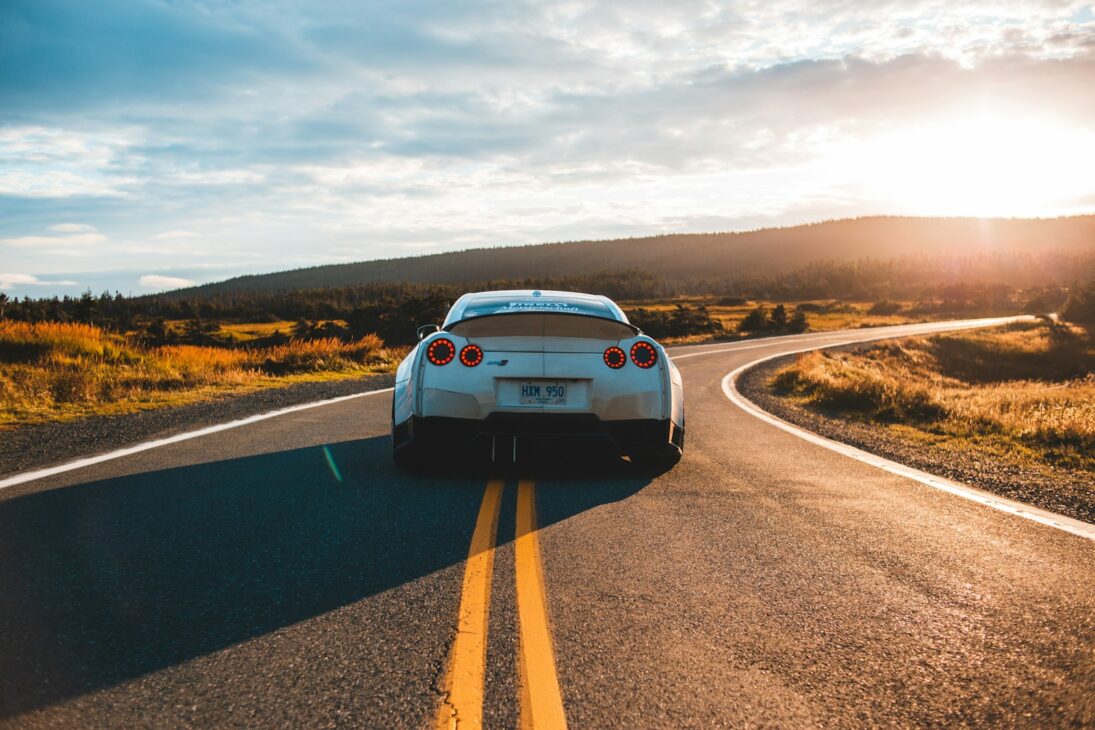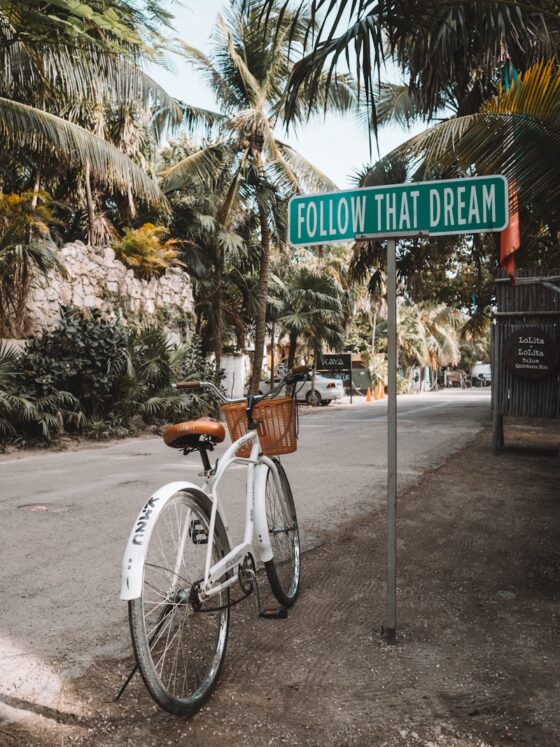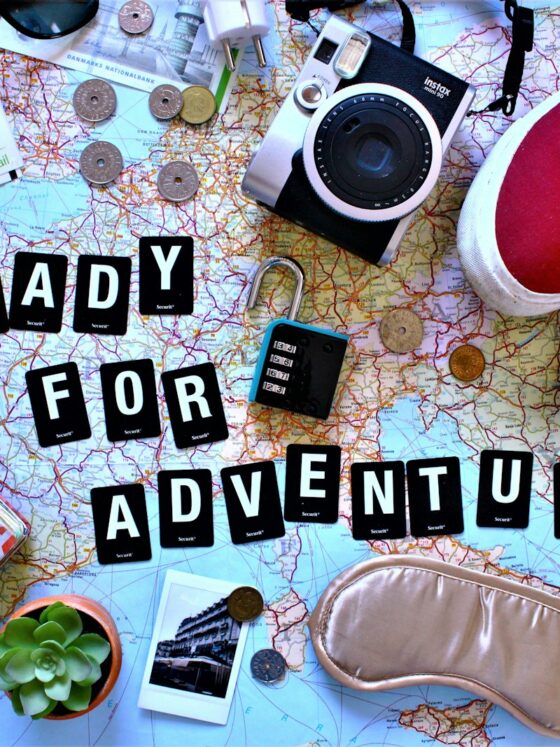There’s something magical about the idea of just jumping in the car, cranking up the music, and heading wherever the road takes you. Road trips are freedom on four wheels, an escape from the everyday grind, a chance to explore new places, and the perfect excuse to eat snacks you never normally buy “for the journey”.
However, despite the fun and spontaneity, a road trip also requires careful planning and a robust safety precaution. The last thing you want is for your big adventure to turn into a roadside disaster.
So, whether you’re going cross-country or just following the coast for a weekend, here are the essential safety tips to keep your trip smooth, stress-free, and unforgettable (for all the right reasons).

1. Give Your Vehicle a Pre-Trip Health Check
Before you start tossing bags into the boot, give your car the attention it deserves. Sure, you can do a quick walkaround and check the tyres, lights, and fluid levels; for a big trip, a professional inspection is worth every penny.
Your mechanic can spot issues before they become breakdown-worthy disasters. They’ll check your brakes, battery, engine, and suspension to make sure your car is as ready for the open road as you are.
And remember, safety isn’t just about the car; it’s about the driver too. Long stretches behind the wheel can lead to fatigue, which is one of the most underestimated dangers on the road. Make sure you’re well-rested before you set off, and take breaks every couple of hours to stretch, hydrate, and switch drivers if possible.
2. Think Before You Tow
Are you planning to tow a caravan, trailer, or boat? Please ensure that your vehicle is adequately equipped for the task. The heavier your vehicle, the easier it is to tow safely. If your load outweighs your car, you’re asking for trouble.
If you’re unsure whether your car is tow-ready, check the manufacturer’s guidelines or ask your mechanic. Four-wheel drives tend to be more reliable for heavy towing, but some two-wheel-drive trucks can still handle the load if they’re built for it.
But there’s more to road safety than just a well-tuned car; driver well-being is equally important. Driving fatigue is a significant risk on long journeys, often overlooked until it’s too late. For a comprehensive understanding of driver fatigue and tips on how to stay alert, ensure your road trip remains memorable for all the right reasons.
Bottom line: don’t guess. Find out your vehicle’s towing capacity before hitching up, and make sure everything is properly secured before hitting the road.

3. Pack an Emergency Kit
Even the best-planned trips can have hiccups. You never know what might happen, whether it’s a flat tyre in the middle of nowhere, a sudden change in weather, or a wrong turn down a deserted road.
That’s where your emergency kit comes in. At the very least, you should have:
- Non-perishable snacks
- Bottled water
- A torch (with extra batteries)
- A first aid kit
- A multi-tool or seatbelt cutter
- Spare clothes and a blanket
- A list of emergency contacts
- A fully charged power bank for your phone
If you have roadside assistance, please ensure you know how to contact them promptly. If you don’t, sign up before you leave; it’s a service you hope you never need but are grateful for when you do.
4. Plan (At Least Some of) Your Route
Part of the charm of a road trip is leaving room for detours and surprises, but having a basic plan is essential for safety.
Use Google Maps or another navigation app to check your main route, make note of fuel stops, and flag interesting sights along the way. If you’re travelling somewhere rural, download offline maps; mobile signal has a way of vanishing exactly when you need it most.
Knowing where you’re going doesn’t kill the adventure; it makes sure you don’t spend your trip stressed and scrambling for directions.
Sometimes, even after your best efforts, your vehicles might fail you. That is why preparing for emergencies like your car breaking down suddenly is essential.
4. Plan at least part of your route.
Part of the charm of a road trip is leaving room for detours and surprises, but having a basic plan is essential for safety.
Use Google Maps or another navigation app to check your main route, make note of fuel stops, and flag interesting sights along the way. If you’re travelling somewhere rural, download offline maps; mobile signal has a way of vanishing exactly when you need it most.
Knowing your destination not only enhances the adventure but also prevents you from spending your trip stressed and frantically searching for directions.
5. Stay Fuel-Savvy
Running out of petrol on a lonely stretch of road is not a “funny story for later”—it”’s a headache you can avoid. Top up whenever you get the chance, especially if you’re in unfamiliar territory.
Some stretches of motorway or countryside have surprisingly few service stations, so don’t gamble on making it “just a bit further”.
6. Keep Yourself Entertained safely.

Road trips are as much about the journey as the destination, so make it enjoyable. Create a playlist before you leave, download a couple of podcasts, or bring along audiobooks.
Just remember, if you’re the driver, stay focused. Avoid fiddling with your phone or skipping through songs while navigating a tricky bend. That’s what passengers are for.
7. Respect the Road and the Weather
If you’re crossing regions, the weather can change quickly, sunny one moment, torrential rain the next. Check forecasts before you set off and pack accordingly. Drive to the conditions, not the speed limit, and remember that winding scenic roads can be as challenging as they are beautiful.
The Bottom Line
A road trip should be about adventure, laughter, and making memories, not calling for roadside recovery in the middle of nowhere. By giving your car a check-up, packing smart, planning your route, and respecting the road, you’re setting yourself up for a safe and stress-free journey.
So grab your sunnies, load up the snacks, and get ready to explore. The open road is waiting.
Related articles you might enjoy:














